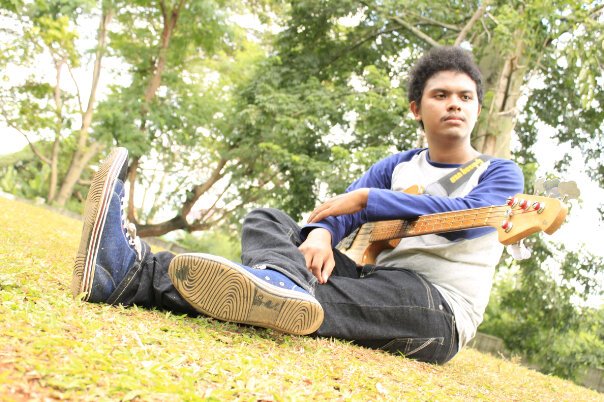Apakah Anda mengerti apa kalimat-kalimat ini berarti?
Apakah Anda tahu apa artinya?
- "If you had left earlier, you would have caught the train." or
- "You will make yourself ill if you eat all those chocolates."
ada 3 type yang akan dijelaskan,sebenarnya ada 4 dari sumbernya:
- Conditional Sentence Type 1 The if-clause is in the present tense, the main clause uses will and the infinitive, or simple present.
- We use conditional sentence type 1 to talk about possible situations in the present or future.
- If you leave earlier, you will not be late.
- If you open the windows, the room will get some fresh air.
- We often use conditional type 1 to talk about facts or processes:
- If you heat water to 100 degrees, it will boil.
- If we stare into the sun, we will hurt our eyes.
- If it rains like this all day, the river might flood. (might = will possibly)
- If it rains like this all day, the river could flood. (could = will be able to)
- Conditional Sentence Type 2 The if-clause is in the simple past or the past continuous tense, the main clause uses would and the infinitive, or would be and the present participle (Verb-ing).
- If we didn’t live in a big city, we would not have to breathe polluted air everyday. (In truth, we live in a big city)
- If he were here, I would tell him about my plan.
(In fact, he isn’t here) - ‘Were’ is used for both singular and plural subjects.
- The use of type 2 conditional in “If I were you, I would ………” is a common form of advice.
- Conditional Sentence Type 3 The if-clause is in the past perfect or the past perfect continuous tense, the main clause uses would have and past participle (Verb 3), or would have been and present participle (Verb-ing).
- If you had come to the party last night, you would have met my cousin. (In truth, you didn’t come to the party last night)
- If he had not been late this morning, his teacher would not have punished him. (In truth, he was late)
| TYPE | IF CLAUSE | MAIN CLAUSE | MEANING |
|---|---|---|---|
| Type 1 | Simple present If you work hard, | Simple present you succeed. Simple future you will succeed. | True in the present or possible in future It’s possible to happen in the future |
Other modal verbs can also be used in place of will and would.
| TYPE | IF CLAUSE | MAIN CLAUSE | MEANING |
|---|---|---|---|
| Type 2 | Simple past If you worked hard, Past continuous If it were not raining now, | would + simple form you would succeed. would be + present participle I would be going out for a walk. | Untrue in the present Fact: You don’t work hard, so you don’t succeed Fact:It’s raining now, so I’m not going out for a walk. |
Conditional sentence type 2 is used to talk about actions or situations that are not taking place in the present or future, but we can imagine the probable result.
| TYPE | IF CLAUSE | MAIN CLAUSE | MEANING |
|---|---|---|---|
| Type 3 | Past perfect If you had worked hard, Past perfect continuous If it had not been raining yesterday afternoon, | would have + past participle you would have succeeded. would have been + present participle I would have been going out for a walk. | Untrue in the past Fact: You didn’t work hard, so you didn’t succeed. Fact: It was raining yesterday afternoon. I was not going out for a walk. |
Conditional sentence type 3 is used to talk about actions or situations that did not take or were not taking place in the past, but we can imagine the probable result.









0 komentar:
Posting Komentar